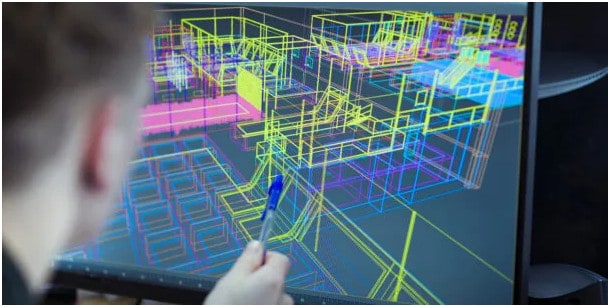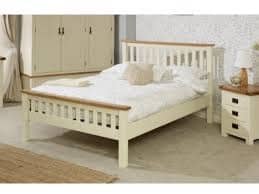In the long run buying a home is usually better value than renting. Despite the large upfront costs that come with paying deposits, legal fees like those you would pay to a conveyancing solicitors Bromley firm like Sam Conveyancing and mortgage set up costs, plus the fact that mortgage payments are generally similar in size to rent, you will at least get the equity from the property and reduce your monthly expenses every month.
Because mortgages consist of debt and interest, each month you make a payment your interest payments will be reduced meaning your monthly payments will get smaller as you get closer to completing your mortgage payments.
On top of this, you will have the equity, which means that the money you paid back not only go towards paying your mortgage provider but also goes back into your home. The benefit of this is that potentially it could be sold for a tidy profit, especially if the housing market performs well. Your home can also be used as collateral to get loans. However, there are some drawbacks to being a homeowner too.
The benefits:
You will receive equity as you pay off the mortgage, meaning you could be able to sell for a profit or seek further finance with a mortgage or loan
The monthly fee will gradually get smaller until you have completed the mortgage and staying in your home is then free
The ability to rent out the home or a spare room for extra cash
You’ll have more rights when it comes to making changes and modifications to the property.
The disadvantages:
Your equity could fall if there is a housing market crash, leaving you with less than what you paid for
There are a lot of upfront costs to pay to get a mortgage and complete the home-buying process – much more than if you rent
More responsibility to repair and modify things in the house, costs can soon add up if you need to make improvements
How does renting and buying compare?
Renting is generally less expensive than a mortgage in the short term. When you sign a contract to rent your home you will usually have to pay the first month’s rent and a deposit, which will normally be about one month rent and you are not guaranteed to get all the money back at the end of the lease.
However, with a mortgage, you will be required to have a large lump sum for a deposit. On top of this, you will need to pay for any other charges, which could end up adding up to an extra £5,000 for your expenditure.
Once you get these costs out of the way, your monthly mortgage payments tend to be similar to paying rent, even though the debt you have will get smaller (as long as you keep the interest rate about the same) and therefore you will gradually pay less each month.





